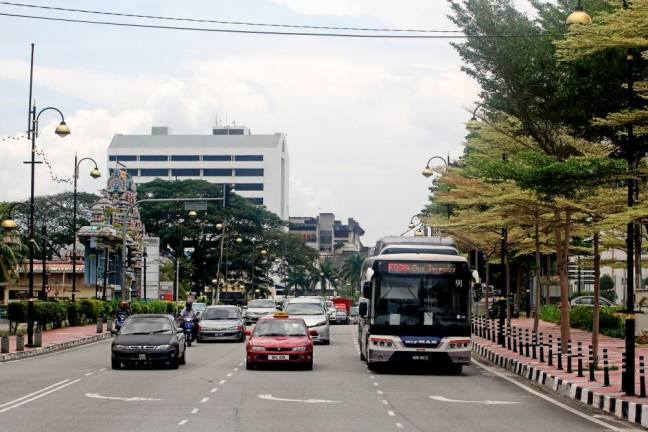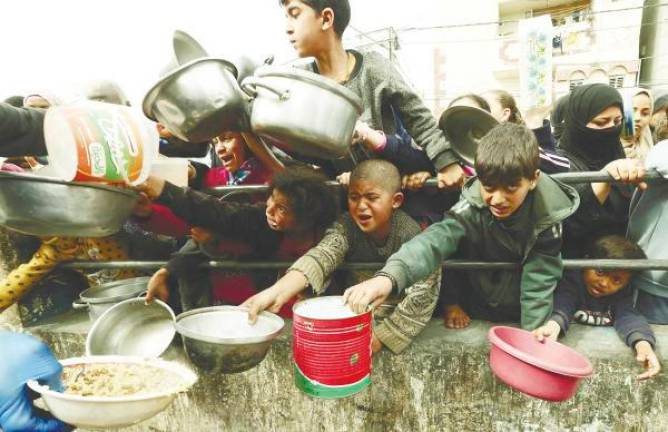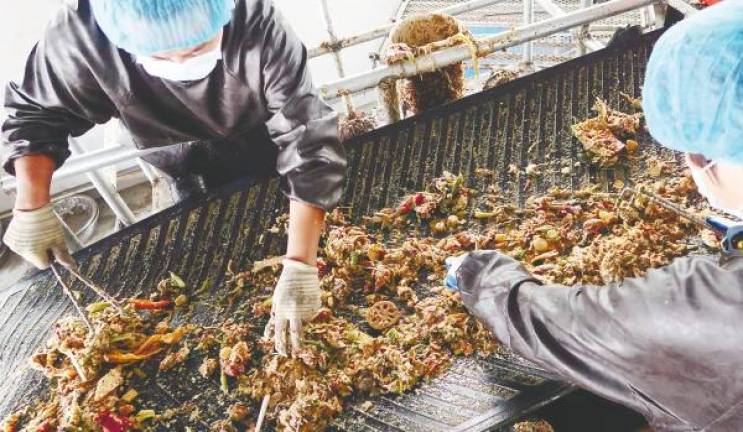PETALING JAYA: Domestic manufacturers lost further momentum in February as businesses scaled back production and incoming orders moderated, due to Covid-19 restrictions domestically and internationally which led to a reduced demand for manufactured goods.
The IHS Markit Malaysia Manufacturing Purchasing Managers’ Index (PMI) dipped to 47.7 in February from 48.9 in the previous month, indicating a further moderation of the manufacturing sector although considerably less than the first wave of pandemic in April 2020.
Despite this, it reported that manufacturers were increasingly optimistic regarding the year-ahead outlook, with hopes that the pandemic would subside and trigger a broad recovery in demand and production.
Commenting on the latest survey results, IHS Markit chief business economist Chris Williamson said that February was another tough month for manufacturers, with the pandemic continuing to adversely affect order books and disrupt supply lines and shipping.
He highlighted that business conditions consequently deteriorated at a rate not seen since last May, adding to the picture of a disappointing first quarter.
“However, with global demand showing signs of reviving, production growth should start to pick up again in the second quarter, and it was encouraging to see business optimism about the year ahead improve after its weak start to the year,” he said in a statement.
“Businesses are increasingly anticipating a resurgence in demand as the impact of the pandemic eases as the year proceeds.”
In February, production and new order volumes weakened quicker than January, but the deterioration rate remained markedly softer than the peak rates of decline seen last April.
IHS Markit found that firms commonly attributed the ongoing weakness to continued virus-fighting measures, which dampened demand in domestic and external markets. Foreign demand for Malaysian manufactured goods was subdued as firms highlighted strict measures to curb Covid-19 infections in key international markets.
However, it said the pace of reduction in export sales fell at a softer pace than total new orders. At the same time, the IHS pointed out that employment levels fell only marginally in February and at a pace that was softer than the previous month.
“Firms took the opportunity to reduce volumes of outstanding business while spare capacity was available, as manufacturers noted a renewed slowdown in the level of backlogs in February following a stabilisation in January,” it said.
Firms also reported that an increased demand and shortages of raw materials meanwhile contributed to an increase in input costs for the ninth consecutive month in February.
IHS Markit stated that the pace of input cost inflation softened slightly from January, yet remained marked overall.
In this situation, it reported Malaysian goods producers sought to partially pass higher cost burdens on to clients, as factory gate charges rose modestly, extending the current sequence of inflation to nine months.
On the other hand, with the ongoing supply chain disruptions, businesses often reported difficulties in sourcing inputs for production, reflected in a fall in purchasing activity. At the same time, manufacturers utilised existing stocks of pre- and post-production inventories to fulfil incoming orders.
However, some firms reported deliberate efforts to streamline stockpiles as a result of lower market demand.
Looking forward, firms operating in the Malaysian manufacturing sector are increasingly optimistic regarding the 12-month outlook for production.
“Positive sentiment strengthened to the highest for five months amid hopes that the end of the pandemic would result in stable operating conditions and boost production and sales.”













